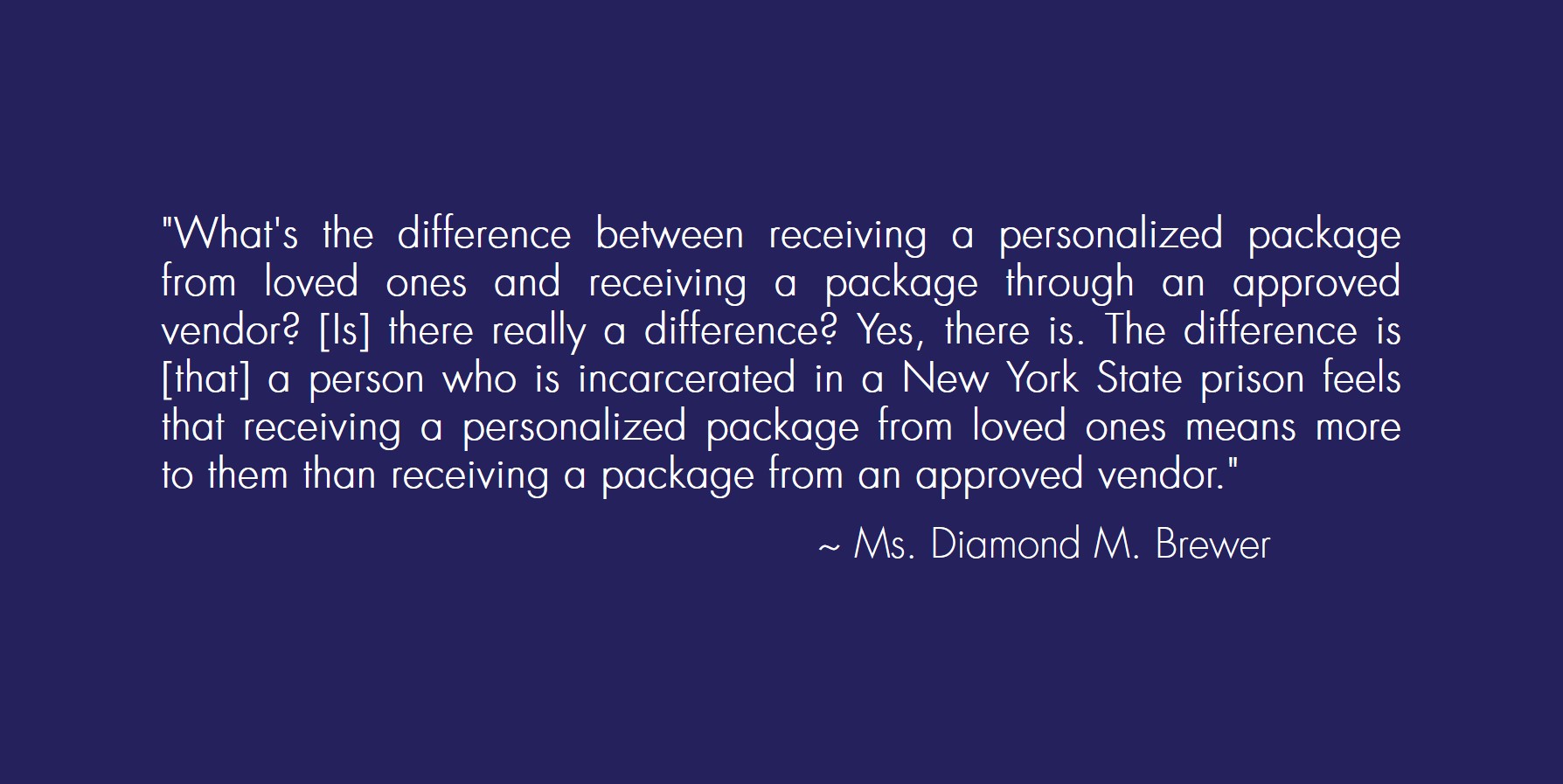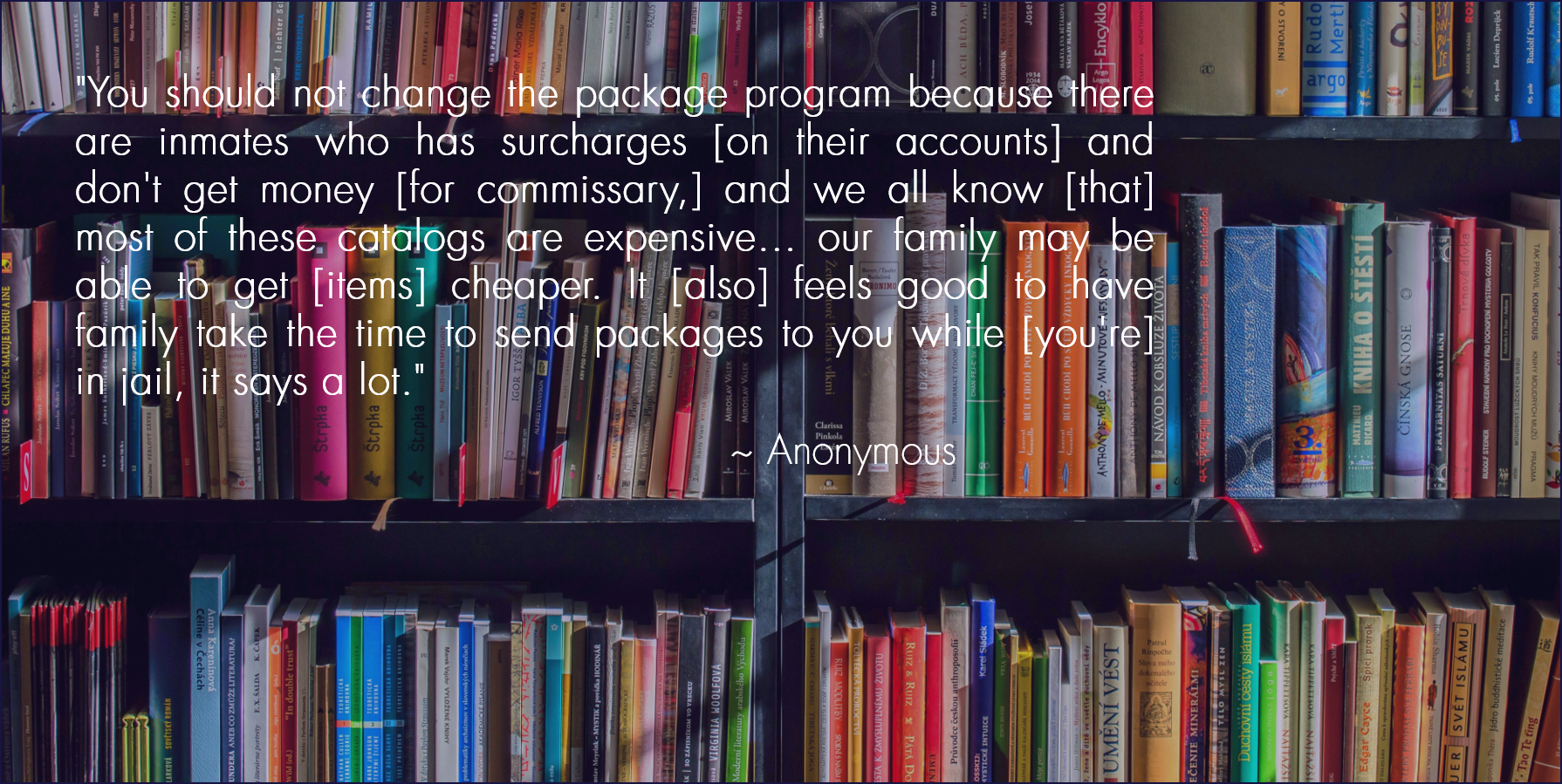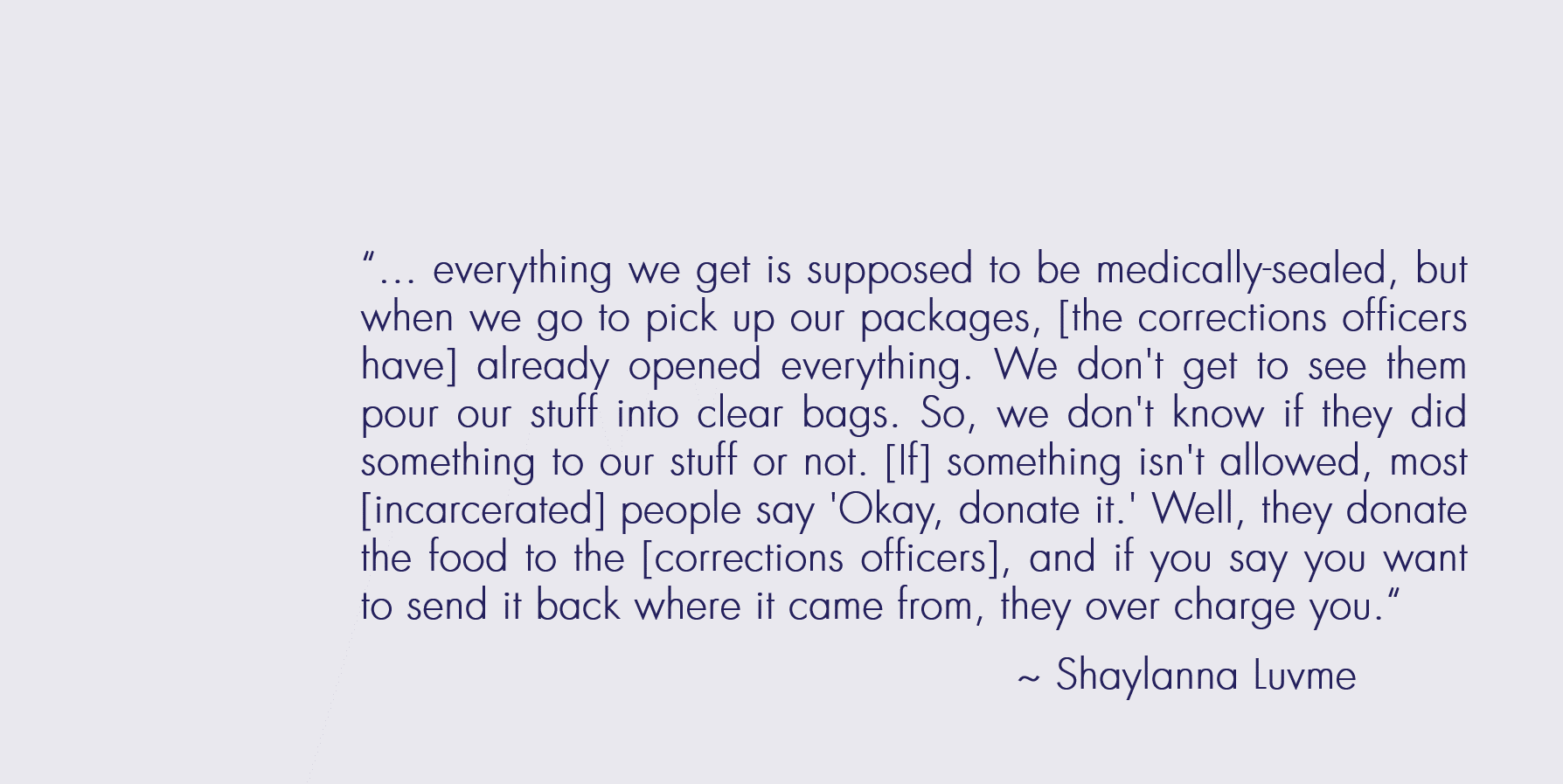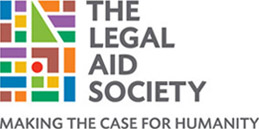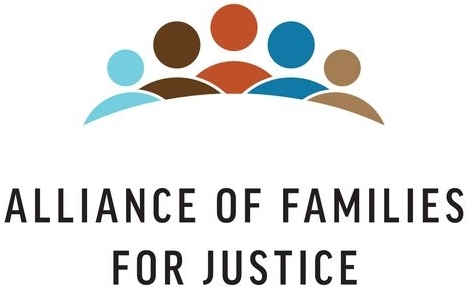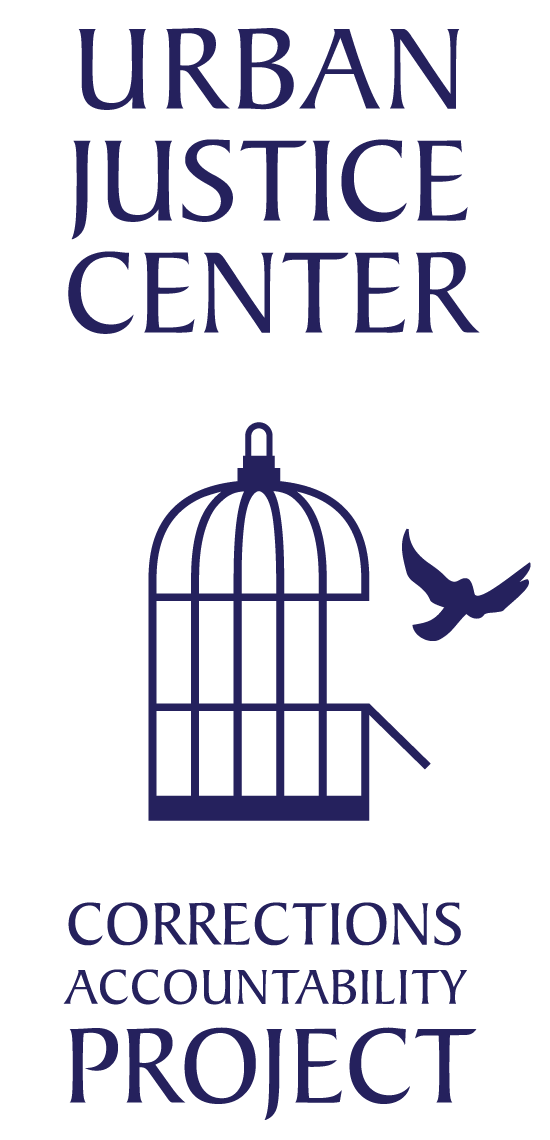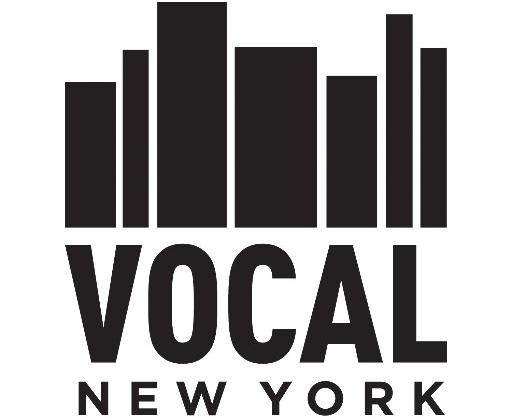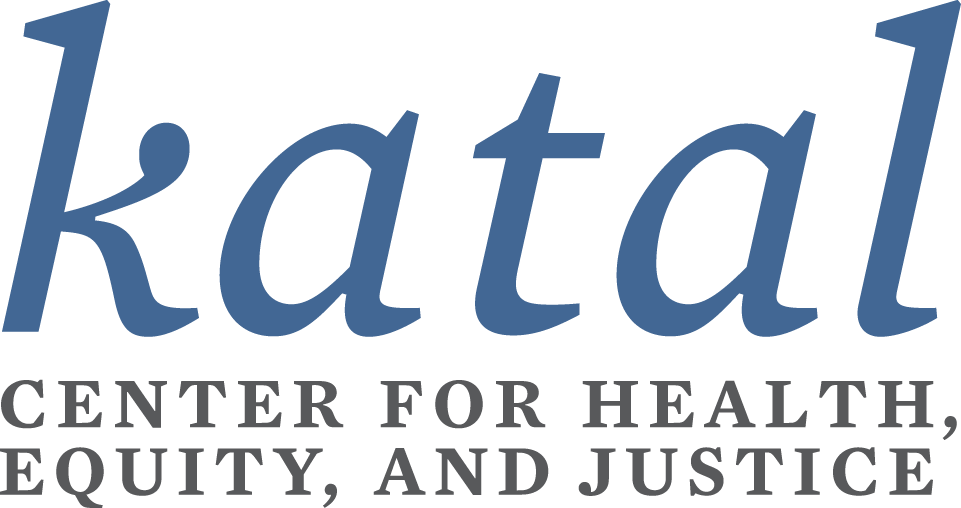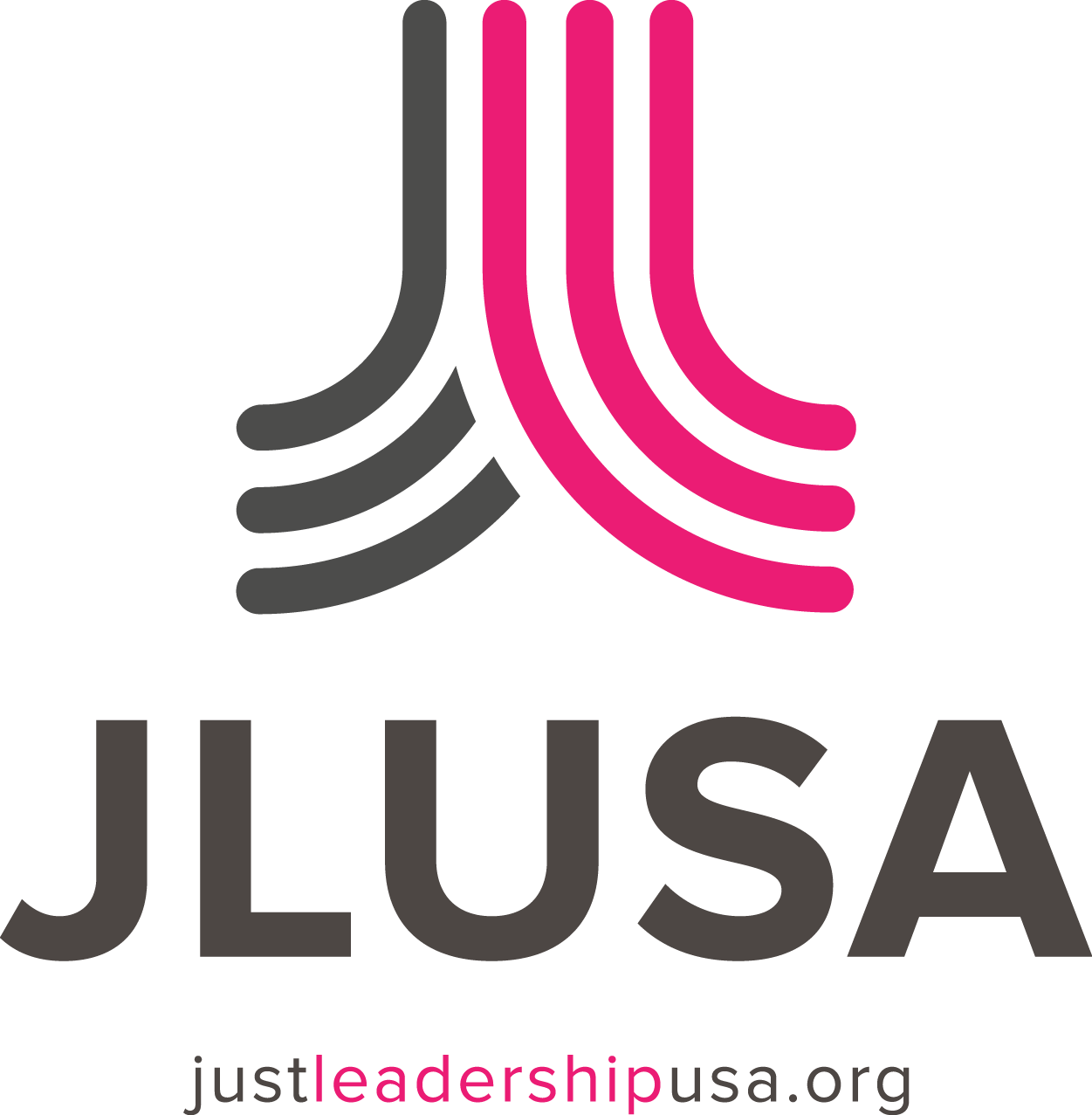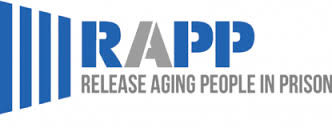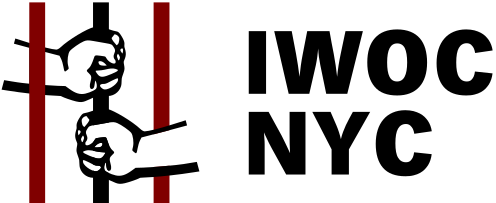“I am directing the Dept. of Corrections to rescind its flawed pilot program that restricted shipment of books & care packages to inmates.”
What is Directive #4911A ?
In December of 2017, the New York State Department of Corrections and Community Supervision (NYS DOCCS) released Directive #4911A, amending the rules governing prison packages.
The directive, which went into affect as a pilot program in Greene, Green Haven, and Taconic Correctional Facilities in early January, prohibited families, friends, and organizations from sending packages directly to anyone who is incarcerated. Instead, it required them to use six approved private vendors who generally sell low quality items at exploitative prices. The directive also prohibited the purchase of fresh fruit and vegetables and direct donation of new and used books.
Expected to roll out to all NYS DOCCS facilities by the fall of 2018, Governor Andrew Cuomo suspended the Secure Vendor Pilot Program after just 10 days following public backlash. But as a coalition of directly-impacted people and other criminal justice advocates, we are pushing forward for the full termination of this exploitative program.
Announced Vendors
Access Securepak (Keefe Group)
Union Supply
E-Ford Commissary
J.L. Marcus
Walkenhorst's
Music by Mail (added late)
Why does it matter ?
Directive #4911A would have wide reaching effects on the lives of incarcerated people and their personal support networks. It excessively restricts access to essential items that prisons do not adequately provide, including nutritional food, warm clothing and accessories, menstrual health products, and educational materials, while exposing incarcerated people and their loved ones to the exploitative prices of commercial prison package vendors. Read more about the potential impact of Directive #4911A below.
Nissin Cup Noodles
Union Supply: $0.70
Costco: $0.30
Markup: 133%
U by Kotex Security
Tampons - 18 Ct
Walkenhorst's: $6.30
Walmart: $2.78
Markup: 127%
Starburst Fruit Chews
AccessSecurepak : $5.30
Walmart: $2.73
Markup: 94%
Fruit of the Loom Briefs -
1 Pair
E-Ford Commissary: $2.33
Target: $1.39
Markup: 67%
Addidas Cloudfoam Ilation Mid Basketball Shoes
J.L. Marcus: $49.99
Big5 Sporting Goods: $39.99
Markup: 25%
Poverty
Due to targeted policing and surveillance, incarcerated people often come from low-income communities with limited resources. Yet, supporting a loved one who is incarcerated comes with additional expenses, such as the cost of making phone calls, money transfers, in-person visits, or vending machine purchases in visiting rooms. Sending care packages is one of the few ways supporters on the outside can avoid the exploitative costs charged by the private companies that hold monopolies over these prison services while still expressing love and concern for their loved one behind bars.
Under Directive #4911A, supporters would be forced to purchase all care package items from a few private vendors. Not only is their product selection limited and product quality low, but the prices charged are often multiples higher than national department stores and local supermarkets in the free world where these items would otherwise be purchased. In other words, this directive further extracts the limited resources of low-income communities to pad the pockets of private prison service companies whose businesses depend on human caging.
Food
Incarcerated people depend on life-sustaining food packages from families, friends, and organizations to supplement what little is available in prisons. While prison food is expectedly underwhelming, the problems run deeper. For those who can safely access prison food halls, much of the protein served today is soy-based, which has raised concerns since the health impact of high estrogen diets is not yet well understood. The little meat mixed in is often delivered to the facility in packages with labels that read "low-grade, but edible." So, it is no surprise that people behind bars are more than six times as likely to suffer from food-borne illnesses than the general public and that they seek sustenance outside of prison food halls. Though critical for individuals vulnerable to sexual, physical, and verbal harassment in such common spaces, such as LGBTGNCI persons, prison food stores, or commissaries, offer little reprieve with their high-priced, low-quality, pre-packaged options that are often high in sugar and sodium. They explain, at least in part, the higher rates of diabetes and hypertension among carceral populations that, in turn, contribute to the high mortality rates among recently released people. Loved ones do their best to alleviate these concerns by sending packages that contain healthy food products. Finally, these packages are also critical to incarcerated people with dietary restrictions, such as vegetarians or vegans, and important religious or culturally-specific diets like Halal or Kosher, whose food options in prison are even more constrained.
Under Directive #4911A, incarcerated people would no longer be able to receive these life-sustaining food packages from their loved ones. Moreover, the directive explicitly prohibits them from even directly ordering healthy food options, such as fresh produce or other perishable products that provide incarcerated people with critical nutritional value. Instead, they would be limited to a restricted set of commercial vendors with commissary-like selections and prices.
“Simply put, this pilot program is short-sighted and bad for New York’s small business sector — the lifeblood of our economy.”
Books
Books provide not just an imaginative escape from the prison environment, but also an opportunity for education and rehabilitation, which are critical to reentry. Unfortunately, New York prison libraries are limited in their literature selection, particularly with respect to great Black, Latinx, and LGBTGNCI literary figures. And though their exchange relationships with local public libraries create slightly more options, the public library catalogs available at the prisons are updated infrequently and their books difficult to track down. Non-profit organizations like Books Through Bars have supplemented these selections by responding directly to individual requests for books from incarcerated people across the state.
Under Directive #4911A, families, friends, and organizations would no longer be permitted to send new or used books directly to those incarcerated. Instead, they would have to pay to order new books from the incredibly limited selection of the approved vendors, only one of which has even a quasi-meaningful collection.
Love
Care packages serve to break up the bleak and dehumanizing monotony of prison life as a precious reminder of the love one has waiting for them in the outside world. Such a small sign of support can carry a person another week, month, or even year. But a commercially-packed box fails to carry the sentiment that a personalized parcel does for either the sender or the recipient. Checking boxes on a website to select generic items is simply not the same as picking up your son's favorite cookies from the Korean market in your neighborhood.
Under Directive #4911A, families and friends would not be able to give their packages that personal touch that really sends hope inside to their loved one.
Take Action!
Share your opposition to Directive #4911A with Governor Cuomo and NYS DOCCS today by signing our petition, calling, and writing. Please also share the information captured herein with your networks and on your social media using the hashtags #PackagingLove and #TellDOCCSNo.
Governor Cuomo
The Honorable Andrew M. Cuomo
Governor of New York State
NYS State Capitol Building
Albany, NY 12224
518-474-8390
www.governor.ny.gov/content/governor-contact-form
Commissioner Annucci
Acting Commissioner Anthony Annucci
NYS DOCCS
1220 Washington Ave
Albany, NY 12226
(518) 457-8134
anthony.annucci@doccs.ny.gov
News
Jan. 17, 2018 - Teen Vogue - The politics of privatizing prison care packages
Jan. 12, 2018 - The New York Times - Cuomo halts a controversial prison package policy
Jan. 12, 2018 - The Marshall Project - New York cancels private prison care packages program
Jan. 12, 2018 - The New York Times - To make prisons 'safer,' some are banning... books
Jan. 12, 2018 - NY Daily News - Gov. Cuomo orders Correction Dept. to revoke program limiting inmates' access to books
Jan. 12 2018 - The New York Times - Selling prisoners Cheetos, not Chomsky
Jan. 12, 2018 - WNYC - New York prisoners can once again read whatever they want to
Jan. 11, 2018 - NPR - New York prisons are limiting what types of care packages inmates can receive
Jan. 11, 2018 - The New York Times - What can't you send to an inmate in New York? Apples, Used Books and More
Jan. 09, 2018 - Newsweek - New York prisons impose 'draconian' rules limiting books inmates can read to 'sex novels, bibles and coloring books'
Jan. 09, 2018 - Smithsonian - New York directive restricts inmates’ literature options
Jan. 09, 2018 - The New Yorker - New York makes it harder for inmates to get books
Jan. 09, 2018 - US News - Advocates: New policy restricts NY inmates' access to books
Jan. 08, 2018 - BuzzFeed - This prison system has severely limited the books and fresh food that can be sent to inmates
Jan. 04, 2018 - The Marshall Project - The latest big win for prison privatization
Dec. 21, 2017 - Vox/The Marshall Project - The big business of prisoner care packages
Mar. 28, 2017 - The Daily News - New York State prisons to fight contraband smuggling by banning packages for inmates
#TELLDOCCSNO
Public Statements
Books Through Bars NYC
Legal Aid Society



